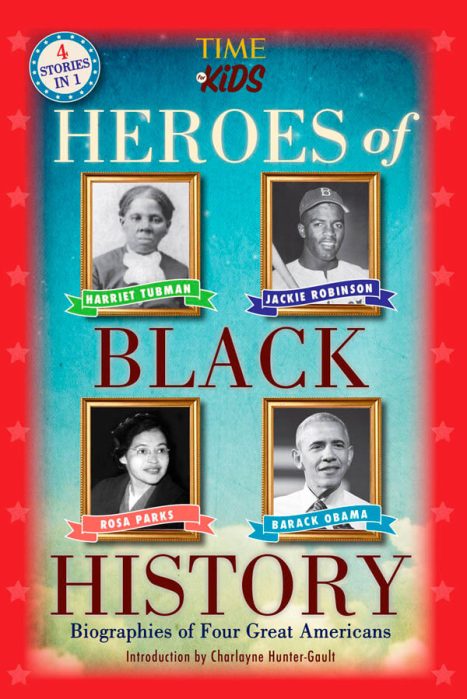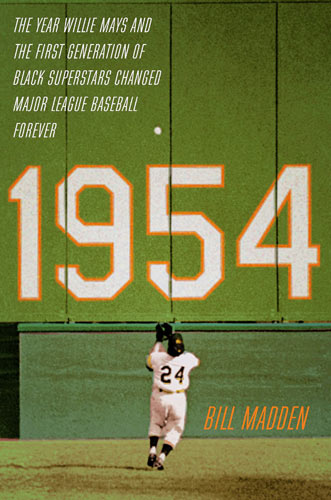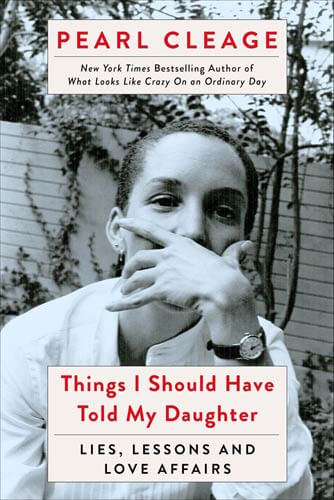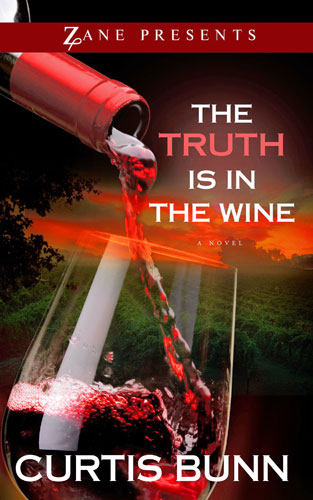By Terri Schlichenmeyer
“Wedlocked: The Perils of Marriage Equality” by Katherine Franke
c.2015, New York University Press
$26.00 / higher in Canada
275 pages
You’re not in any hurry.
The ring’s on your finger, the engagement was just announced, and you both feel like you’ve got plenty of time. Now’s your chance to enjoy the process of getting married. Here’s your opportunity to plan the future. But “Wedlocked: The Perils of Marriage Equality” by Katherine Franke asks the question: why marry at all?
When President George Washington died, his will stipulated that his slaves be given their freedom when his wife, Martha, who inherited them, would die.
This, says Katherine Franke, accidentally “put a price on” Martha’s head but moreover, it was an acknowledgment on Washington’s part that shows one complexity of slavery: marriage between the Washington slaves meant that freeing his without freeing hers could break up families. This issue, and others before and after the Civil War, illustrate how “many of the experiences of African Americans held out a message to the same-sex marriage movement today.”
Throughout American history, Franke says, the “rules” of marriage for non-white or gay individuals hid a double-edged sword of enhanced rights and enforced matrimonial laws complicated by pre-Emancipation fluidity of relationships and looser definitions of “marriage” within African American communities then; and by somewhat of a lack of awareness in the LGBT community, complicated by different state laws now. The bottom line that’s often not emphasized: when a couple marries, the state suddenly “acquires a legal interest in your relationship.” Now, as then, marriage may also be legally “forced” on a couple: in the case of former slaves, to gain benefits in wartime; for LGBT couples, in the continuation of health benefits. Even after all that, marriage, as Franke reminds readers, has never offered a guarantee from discrimination.
Is it possible, Franke asks, that “the inability to marry creates a kind of freedom from the ‘bonds’ of marriage?” At a time when the rates of marriage in the Black community are low and LGBT parents are demanding new legal definitions of “family,” will marriage become antiquated? Or is the “freedom” to marry just another way for society to meddle in the lives of marginalized individuals?
Surely, few readers would consider “Wedlocked” a fun weekend read. It’s not exactly what you’d take to the beach with you. Fun, no. Interesting, absolutely.
It’s also quite thought-provoking. Author Katherine Franke is, in part, director of the Center for Gender and Sexuality Law at Columbia University, and in this book, she asks hard questions between jaw-dropping history lessons and proof that marriage is both burden and boon to anyone who’s not white and straight. That’s not to say that the institution is dead; instead, Franke wonders if, of all rights denied former slaves and gay individuals, marriage may’ve been the oddest choice for legal battles.
But which other right would’ve been better? The answer to that seems to be left open for discussion; indeed, readers are given much to ponder from this heavy-duty, scholarly book. Just beware that time is the key to opening “Wedlocked,” now in paperback. Enjoy and contemplate, but don’t be in any hurry.


























